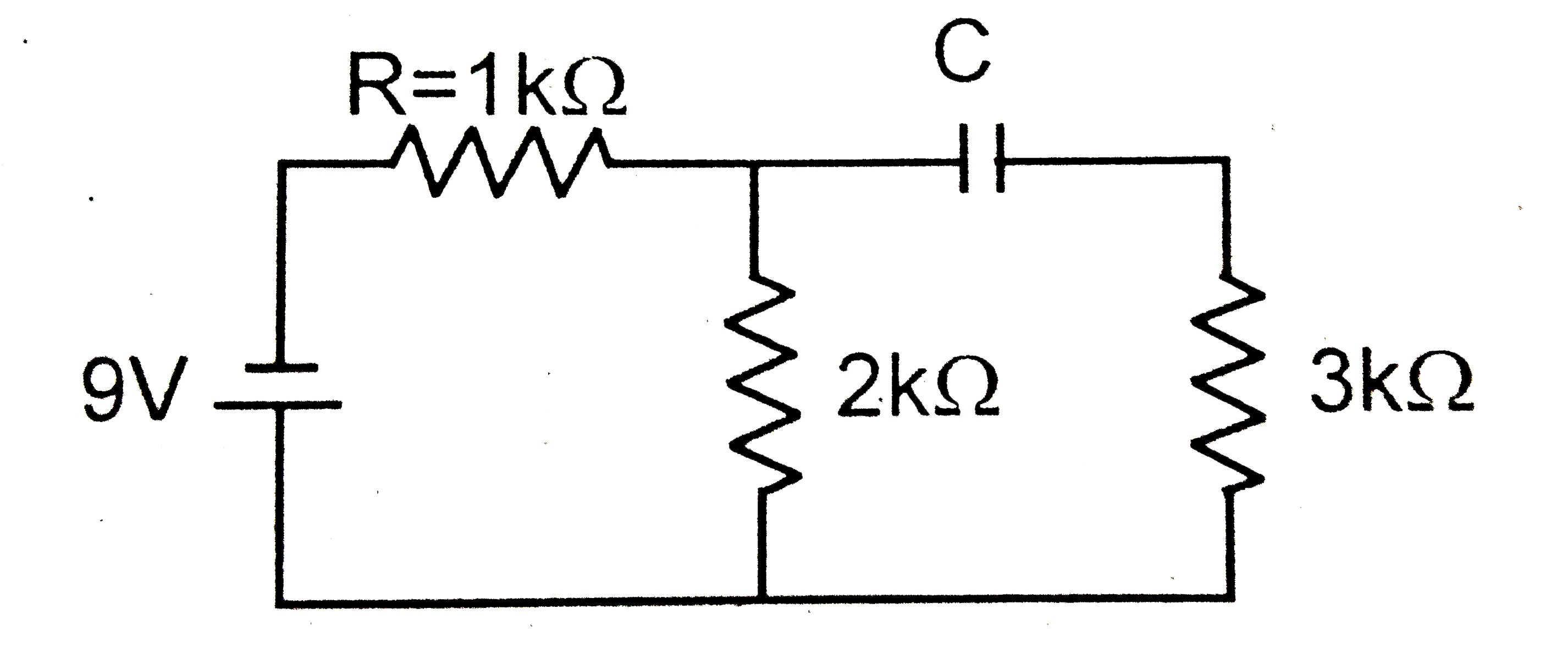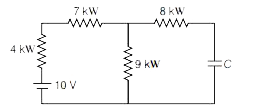When an acid cell is charged, then
Voltage of cell increases
Electrolyte of cell dilutes
Resistance of cell increases
None of these
The correct Answer is:A
To solve the question "When an acid cell is charged, then what happens?", we will analyze the options provided and determine the correct answer step by step.
Step 1: Understanding the charging process of an acid cell
When an acid cell (like a lead-acid battery) is charged, electrical energy is supplied to the cell, which causes a chemical reaction to occur. This reaction converts the reactants back into their original forms, allowing the cell to store energy.
Step 2: Analyzing the effects of charging
1. Voltage of the cell increases: As the acid cell is charged, the chemical reactions that occur lead to an increase in the potential difference (voltage) across the terminals of the cell. This is because the concentration of reactants increases, which enhances the electrochemical potential.
2. Electrolyte of the cell dilutes: During charging, the concentration of the electrolyte (sulfuric acid in a lead-acid battery) can actually change. However, it is more common for the electrolyte to become more concentrated as the products of the charging reaction are formed.
3. Resistance of the cell increases: The resistance of the cell does not necessarily increase during charging. In fact, the resistance may decrease as the cell becomes more fully charged and the electrolyte becomes more conductive.
4. None of these: This option would only be correct if none of the previous statements were true.
Step 3: Conclusion
Based on the analysis, the most accurate statement is that the voltage of the cell increases when an acid cell is charged.
Final Answer
The voltage of the cell increases.
---
When an acid cell (like a lead-acid battery) is charged, electrical energy is supplied to the cell, which causes a chemical reaction to occur. This reaction converts the reactants back into their original forms, allowing the cell to store energy.
1. Voltage of the cell increases: As the acid cell is charged, the chemical reactions that occur lead to an increase in the potential difference (voltage) across the terminals of the cell. This is because the concentration of reactants increases, which enhances the electrochemical potential.
Based on the analysis, the most accurate statement is that the voltage of the cell increases when an acid cell is charged.
The voltage of the cell increases.
Similar Questions
Assertion : When a cell is charged by connecting its positive terminal of the charger battery then potential difference across the electrodes of cell will be smaller to the EMF of cell
Reason : Potential difference across electrodes in a cell providing electric current is E=Ir where E is EMF and r internal resistance.
View SolutionWhen a soap bubble is charged :-
View Solution
Knowledge Check
When an electric cell is charged then
Avoltage of cell increasesBelectrolyte of cell dilutes.Cresistance of cell increaseDNone of these.When a NICAD cell is charged , it acts as
Aa primary cellBan electrolytic cellCa galvanic cellDa concentration cell.When lead accumulator is charged, it is
Aan electrolytic cellBa galvanic cellCa Daniell cellDnone of these
Which of the following would occur when lead storage cell is charged?
View SolutionWhen capacitor is fully charged, find current drawn from the cell.

View SolutionWhen a capacitor is fully charged as shown in the following figure, then current drawn from the cell is

View SolutionA : When a body is charged, its mass changes.
R : Charge is quantized.
View SolutionWhen a body is charged by induction the body
View Solution